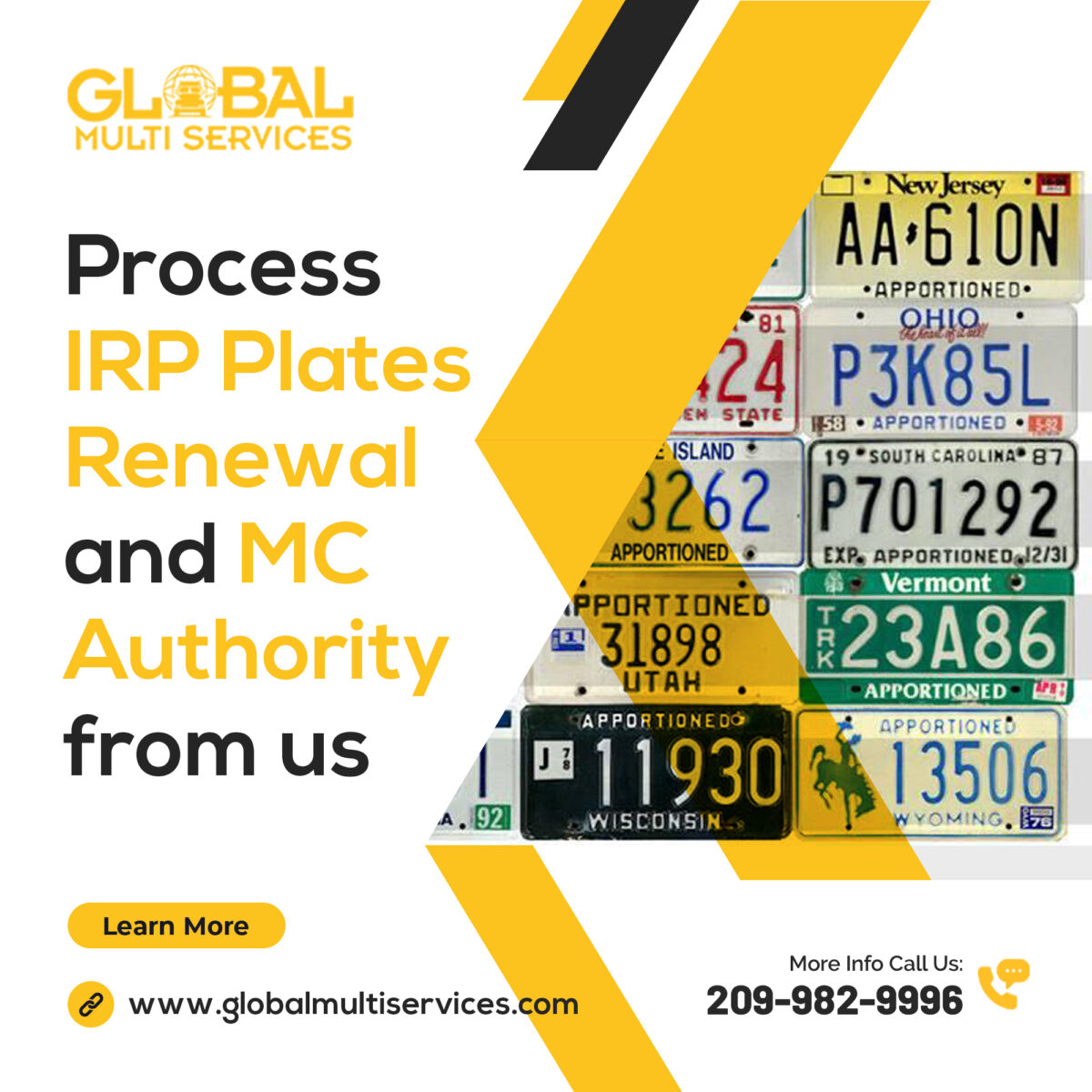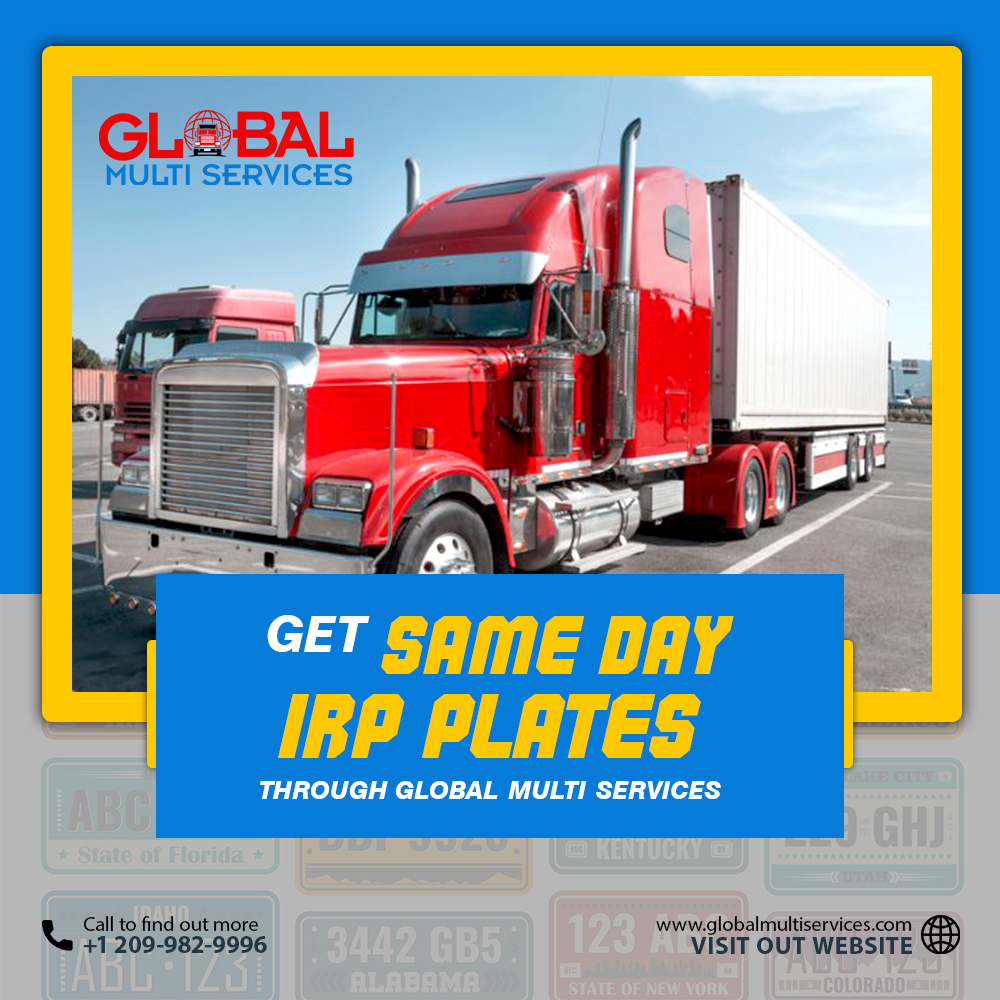Trucking companies follow strict regulations from the Federal Motor Carrier Safety Administration to stay compliant. From obtaining MC Authority, processing UCR Renewals, to IRP Plates Renewal.
The trucking industry is one of the most significant and ever-growing industries in the United States. These present business opportunities for many people in the country. Though highly competitive, it has great potential for entrepreneurs that understand the business.
There is so much benefit to running a trucking business. These include: choosing your niche, routes, rate per miles, the companies to work with, and many more. It also provides a perfect combination of freedom and financial success.
But despite all the benefits mentioned above, starting a trucking business is lucrative and capital intensive, with multiple costs associated depending on your business niche. Also, it can sometimes be overwhelming with hurdles and challenges. That is why many people avoid venturing into the business despite the potential benefits they can enjoy.
Do you want to start a trucking business but don’t know where to begin? Global Multi Services highlights a straightforward guide that will steer you in the right direction.
WHY DO YOU NEED TO VENTURE INTO THE TRUCKING BUSINESS?
With driver shortage, increasing freight demand, and rates, you have the potential to make a lot of money by venturing into a trucking business. Aside from the ease of access into the industry, you will also build a sustainable business. But you will need to do thorough research to understand how the industry works. You also need to look for customers and contracts because they do not magically appear.
Here are things to do before starting a trucking business.
HAVE A BUSINESS PLAN
Having a business plan is very crucial when starting a trucking business. Just as a new job requires a fresh perspective and goals, a new trucking business needs an organized plan. A business plan is your fundamental guide and roadmap that determines your success. It is a GPS that gets you from where you are now to where you want to be.
It also helps you articulate your value proposition and shows potential obstacles down the road. Your business plan should include your financial budget, the type of equipment you plan to buy or lease, market niche, and other crucial business decisions.
CHOOSE A NICHE
Targeting the right market niche is crucial when starting a trucking business. Having a niche help streamline your operational processes and resources, optimize your sales, avoid competition with many companies and establish your name in the industry,
PERMITS AND LICENSE
Trucking companies must have specific licenses and permits to operate legally in the trucking industry. The type of permit you need depends on your market niche, base state, the type of freight you haul, and many more.
HOW TO STAY IN COMPLIANCE IN THE TRUCKING BUSINESS
Staying in compliance in the trucking industry requires obtaining several permits. The permits allow you to operate legally as a trucking business and also allow your trucks to transport freights across state lines. Having all these permits prevents you from paying hefty fines and penalties.
Here are permit and renewal processes to stay compliant in the trucking industry.
ACQUIRE YOUR MC AUTHORITY
MC Authority is mandatory for trucking companies operating across the United States. The authority indicates the Federal Motor Carrier Safety Administration (FMCSA) has given the trucking company permission to transport goods on public roads. There are other trucking-related registrations that a new business must obtain. They include IRP Plates, UCR Permit, IFTA Permits, and many more.
OBTAIN IFTA LICENSE
The International Fuel Tax Agreement is mandatory for trucking companies operating across interstate and international borders. Qualified motor carriers must register in their base state and obtain IFTA License with two IFTA Decals. They are also required to file IFTA Fuel Tax Returns quarterly in their base state.
PROCESS UCR RENEWAL
Trucking companies must obtain UCR Permit and process their UCR Renewals annually to run their trucking business smoothly. The Unified Carrier Registration is a federally-mandated program for trucking companies operating interstate and internationally. Trucking companies must apply in their base state and renew their permit before the expiring date to avoid penalties.
FILE IRP PLATES RENEWAL
The International Registration Plan allows trucking companies to operate across multiple jurisdictions using a single license plate. But they must register in their base state to obtain IRP Plates. All registered motor carriers must keep records of the distance covered in each member jurisdiction to process IRP Plates Renewal.




